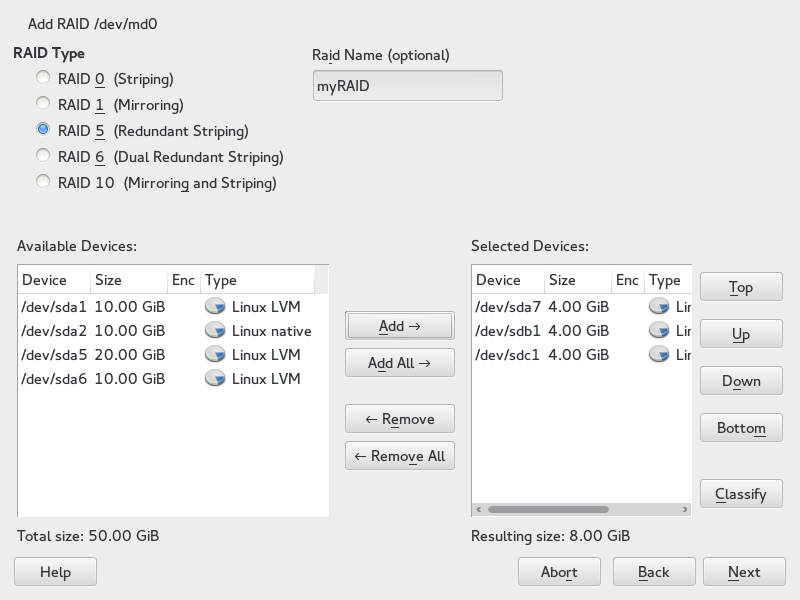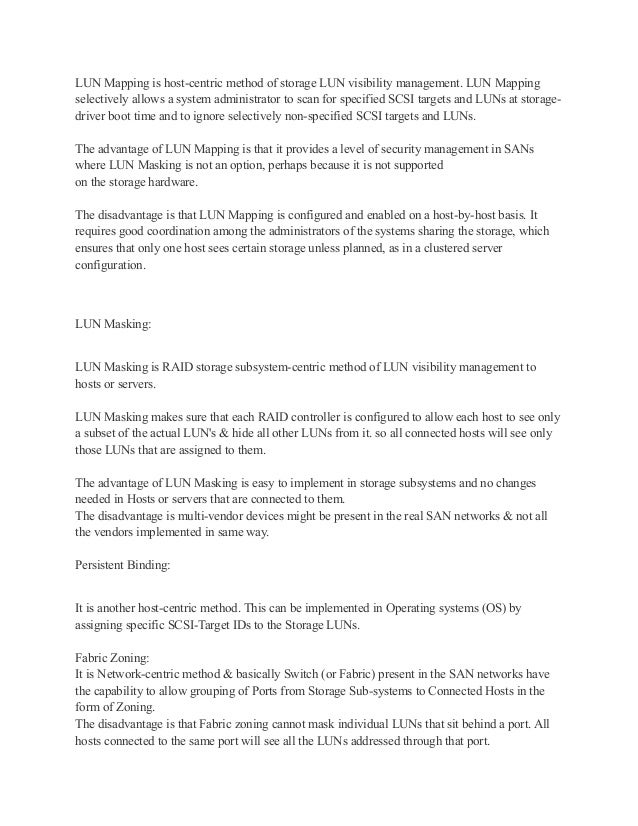Starting with Windows 10, Version 2004 (OS build 19041.488 or higher), two additional identifiers are available for NVMe storage disk drives which support the STOR_RICH_DEVICE_DESCRIPTION structure:
SCSI-1: The original specification developed in 1986, SCSI-1 is now obsolete.It featured a bus width of 8 bits and clock speed of 5 MHz.; SCSI-2: Adopted in 1994, this specification included the Common Command Set (CCS)- 18 commands considered an absolute necessity for support of any SCSI device. Failure in scanner operation has been reported on all the models when using a ISA bus SCSI board with Windows® 2000. As a PCI bus is widely used instead of the ISA bus at present, the ISA bus will not be upgraded for Windows® 2000. Drivers Scsi free download - CopyTrans Drivers Installer, Adaptec ASPI Drivers, My Drivers, and many more programs. Properly reinstalling a driver, as in the instructions linked above, isn't the same as simply updating a driver. A full driver reinstall involves completely removing the currently installed driver and then letting Windows install it over again from scratch. VueScan is the easiest way to get your scanner working on macOS Big Sur, Windows 10 and more. VueScan includes a driver for your scanner even though it isn't support anymore.
Scanner SCSI & RAID Devices Driver

SCSIt*v(8)p(40)
Where:
t* is a device type code of variable length
v(8) is an 8-character vendor identifier
p(40) is a 40-character product identifier
SCSIt*v(8)p(40)r(8)
Where:
t* is a device type code of variable length
v(8) is an 8-character vendor identifier
p(40) is a 40-character product identifier
r(8) is an 8-character revision level value
In versions of Windows prior to Windows 10, Version 2004 (OS build 19041.488 or higher), the device ID format for a small computer system interface (SCSI) device is as follows:
SCSIt*v(8)p(16)r(4)
Where:
t* is a device type code of variable length
v(8) is an 8-character vendor identifier
p(16) is a 16-character product identifier
r(4) is a 4-character revision level value

The bus enumerator determines the device type by indexing an internal string table, using a numerically encoded SCSI device type code, obtained by querying the device, as shown in the following table. The remaining components are just strings returned by the device, but with special characters (including space, comma, and any nonprinting graphic) replaced with an underscore.
The SCSI Port driver currently returns the following device type strings, the first nine of which correspond to standard SCSI type codes.
| SCSI type code | Device type | Generic type | Peripheral ID |
|---|---|---|---|
| DIRECT_ACCESS_DEVICE (0) | Disk | GenDisk | DiskPeripheral |
| SEQUENTIAL_ACCESS_DEVICE (1) | Sequential | TapePeripheral | |
| PRINTER_DEVICE (2) | Printer | GenPrinter | PrinterPeripheral |
| PROCESSOR_DEVICE (3) | Processor | OtherPeripheral | |
| WRITE_ONCE_READ_MULTIPLE_DEVICE (4) | Worm | GenWorm | WormPeripheral |
| READ_ONLY_DIRECT_ACCESS_DEVICE (5) | CdRom | GenCdRom | CdRomPeripheral |
| SCANNER_DEVICE (6) | Scanner | GenScanner | ScannerPeripheral |
| OPTICAL_DEVICE (7) | Optical | GenOptical | OpticalDiskPeripheral |
| MEDIUM_CHANGER (8) | Changer | ScsiChanger | MediumChangerPeripheral |
| COMMUNICATION_DEVICE (9) | Net | ScsiNet | CommunicationsPeripheral |
| 10 | ASCIT8 | ScsiASCIT8 | ASCPrePressGraphicsPeripheral |
| 11 | ASCIT8 | ScsiASCIT8 | ASCPrePressGraphicsPeripheral |
| 12 | Array | ScsiArray | ArrayPeripheral |
| 13 | Enclosure | ScsiEnclosure | EnclosurePeripheral |
| 14 | RBC | ScsiRBC | RBCPeripheral |
| 15 | CardReader | ScsiCardReader | CardReaderPeripheral |
| 16 | Bridge | ScsiBridge | BridgePeripheral |
| 17 | Other | ScsiOther | OtherPeripheral |
An example of a device ID for a disk drive would be as follows:
SCSIDiskSEAGATE_ST39102LW_______0004

There are four hardware IDs in addition to the device ID:
SCSIt*v(8)p(16)
SCSIt*v(8)
SCSIv(8)p(16)r(1)
V(8)p(16)r(1)

In the third and fourth of these additional identifiers, r(1) represents just the first character of the revision identifier. These hardware IDs are illustrated by the following examples:
SCSIDiskSEAGATE_ST39102LW_______
SCSIDiskSEAGATE_
SCSIDiskSEAGATE_ST39102LW_______0
SEAGATE_ST39102LW_______0
The SCSI Port driver supplies only one compatible ID, one of the variable-sized generic type codes from the previous table.
Scanner Scsi & Raid Devices Driver Updater
For example, the compatible ID for a disk drive is as follows:
GenDisk
The generic identifier is used in INF files for SCSI devices more than any other, because SCSI drivers are typically generic.
Be aware that the SCSI Port driver returns no generic name for sequential access and 'processor' devices.
